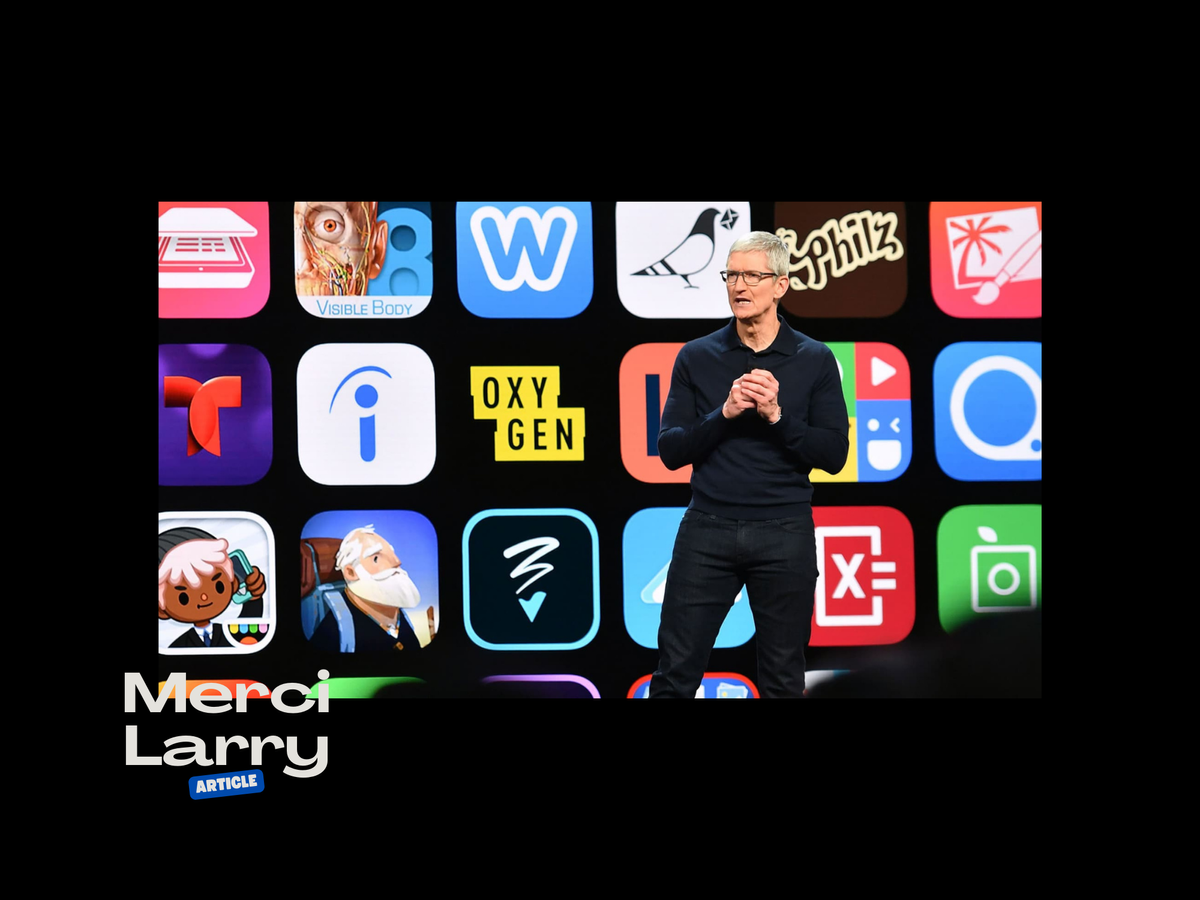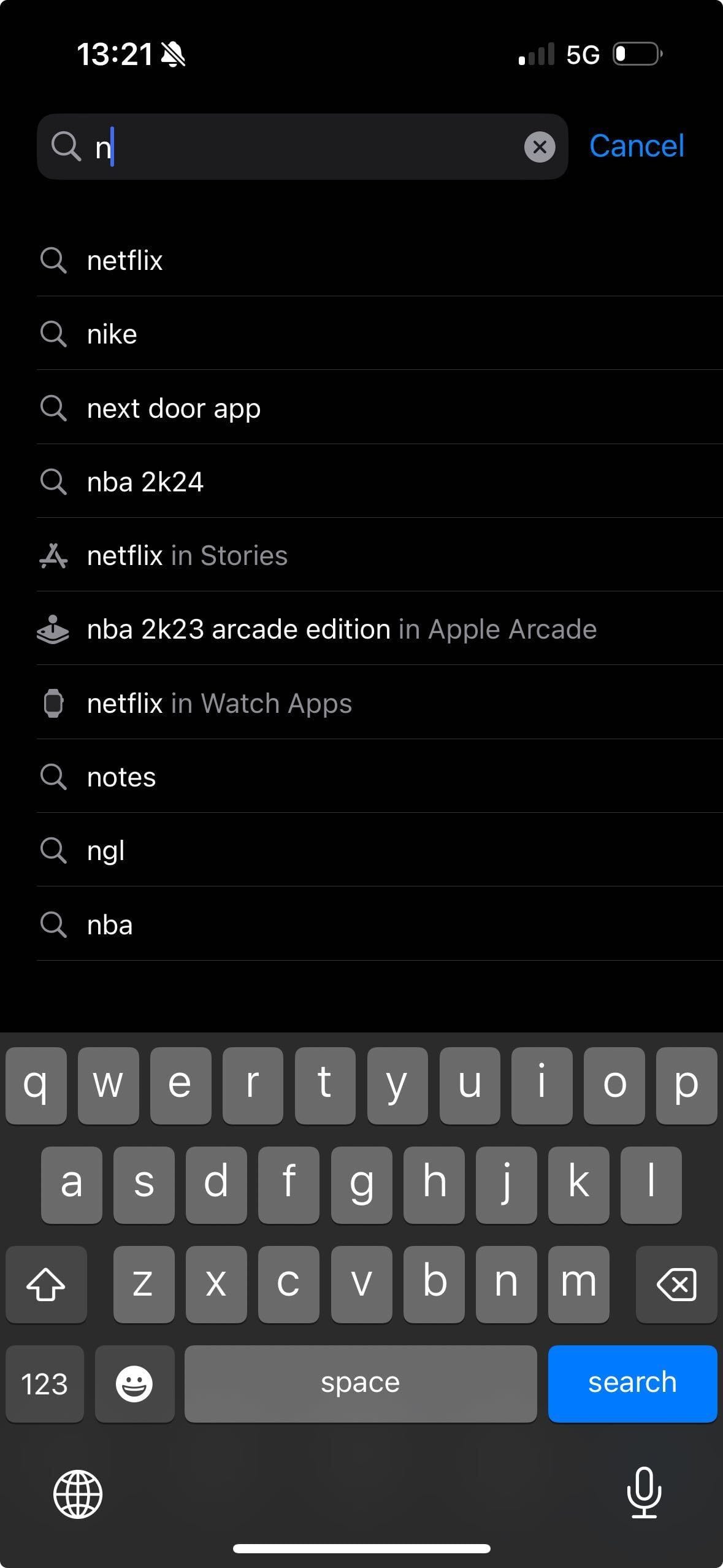The challenges of driving growth on the Apple App Store
How the Search feature can impact both app discoverability and user engagement & lead to significant fluctuations in performance.

Navigating the Apple App Store's ecosystem is a challenge every app developer faces, but none more so than those reliant on the elusive autocomplete list. If you're unfamiliar with this feature, consider yourself fortunate; it signifies a smoother path to user acquisition than what many of us contend with. In the realm of the App Store, where visibility is paramount, the autocomplete list wields considerable influence over user behavior and app discoverability.
Exploring the intricacies of the Apple App Store presents a multifaceted challenge for app developers. While a few apps mostly rely on one placement, many use a combination of placements to build their visibility and drive user acquisition:
- Today tab
- Charts
- Apple Featurings
- Search
In this dynamic ecosystem, securing featuring spots from Apple has lost much of its allure with diminishing returns and unpredictable outcomes. Instead, the focus has shifted towards harnessing the power of search to cultivate organic growth and foster user engagement.
In this article, I'm going to offer you a full immersion on the impact Search can have on user acquisition and how limited keyword density can be in an environment as closed as the App Store.
The Apple App Store is a total market of 650 million people worldwide discovering and downloading apps.
- 70% of App Store visitors use search to discover apps.
- 65% of downloads happen directly after a search1.
The stakes couldn't be higher. This explains why Apple prioritized Search Ads initially as it represented the largest source of revenue growth.
You get it, Search Tab is the sinews of war. But it's not that simple.
It's a delicate balancing act, requiring a nuanced understanding of user behavior, algorithmic preferences, and the ever-evolving landscape of the App Store.
Users have a habit of searching for brands they’ve already heard about elsewhere
According to a 2017 study from John Tintle2, App Store users search for brands almost exclusively. Unlike Web Search, users use small keywords set for search such as: netflix, netflix games, netflix watch party. This behavior significantly narrows down the pool of effective keywords for app developers to target. Consequently, identifying and optimizing for these select keywords becomes crucial for driving meaningful impact and maximizing app visibility.
Search on the Apple App Store is a fun world. On the vast majority of searches performed, 9 out of the 10 top keywords from the autocomplete list are branded.
When a user starts typing for a brand, the autocomplete list come into play. It suggests 10 keywords once you start typing and refresh the list if you continue typing:

Apple use the Priority Index Score to sort the keywords by relevance. While I conducted research for this article, I couldn't find the patent behind the Priority Index Score neither any literature on the topic and I was fine with it because this list doesn't work like it should (theoretically). It is believed to be an internal ranking mechanism used by Apple to determine the relevance and ranking of search results and autocomplete suggestions within the App Store (a dup of the PageRank3).
The autocomplete list is hackable
Learning #1. Brand awareness directly impact App Store searches.
Brand awareness is an infinite cycle. If you stop claiming how cool your brand is or how useful it is, people will lose sight and then interest.
We're used to look at search volumes and analyse a decrease as a market downturn. It's not that simple and how frequently a brand communicate can have a big impact on search. We measured a 15% decrease in searches when email marketing is turned off; a metric later confirmed by our User Research team: "I search for your brand on the App Store later in the day once I receive an email".


